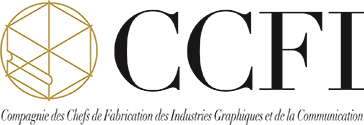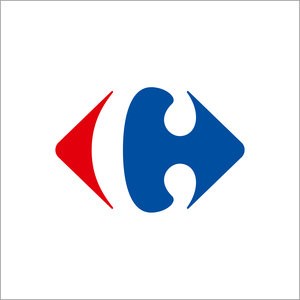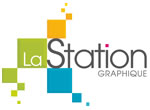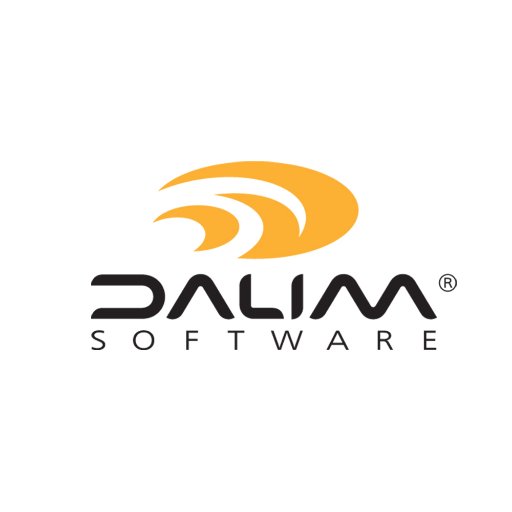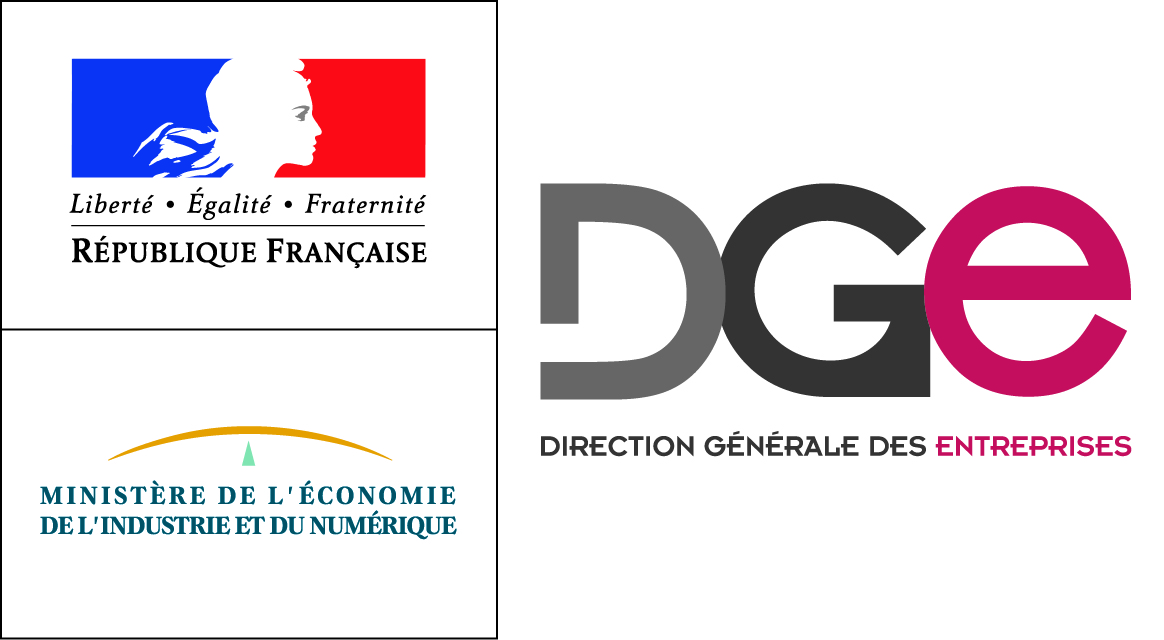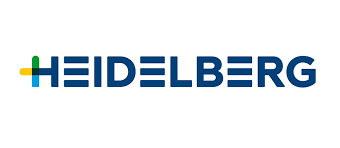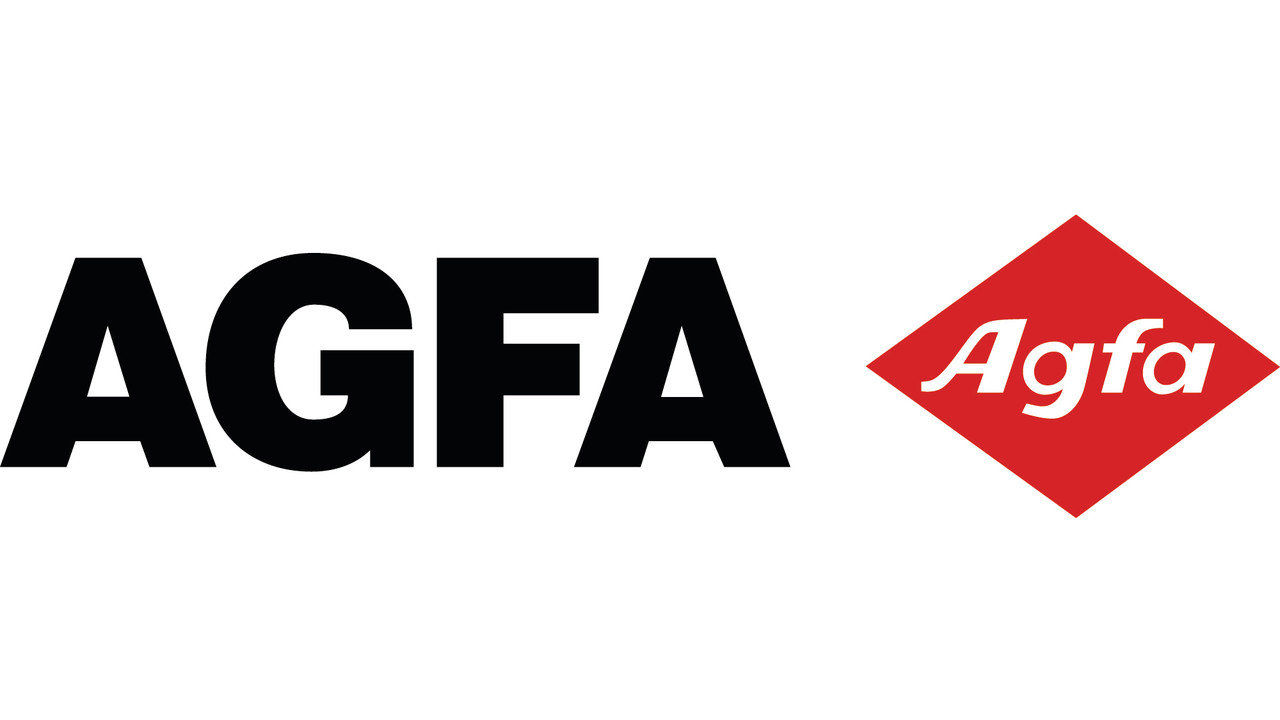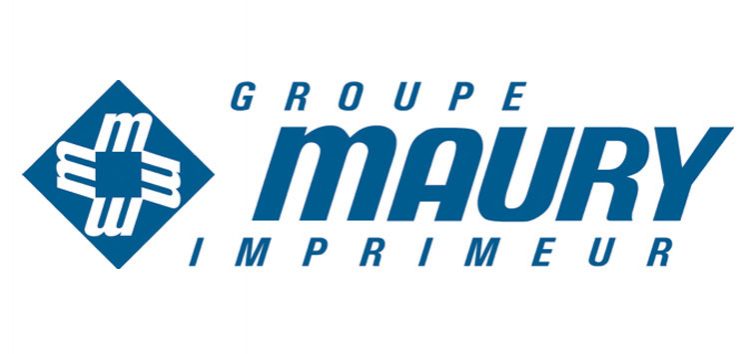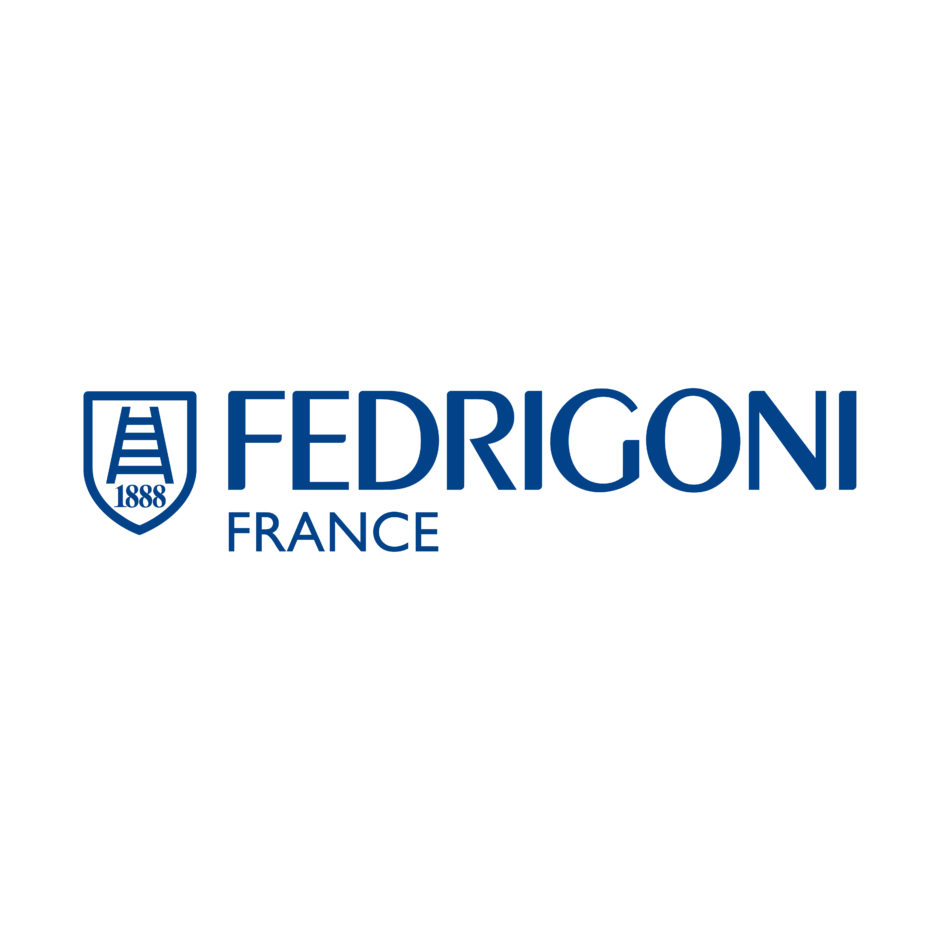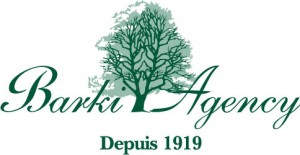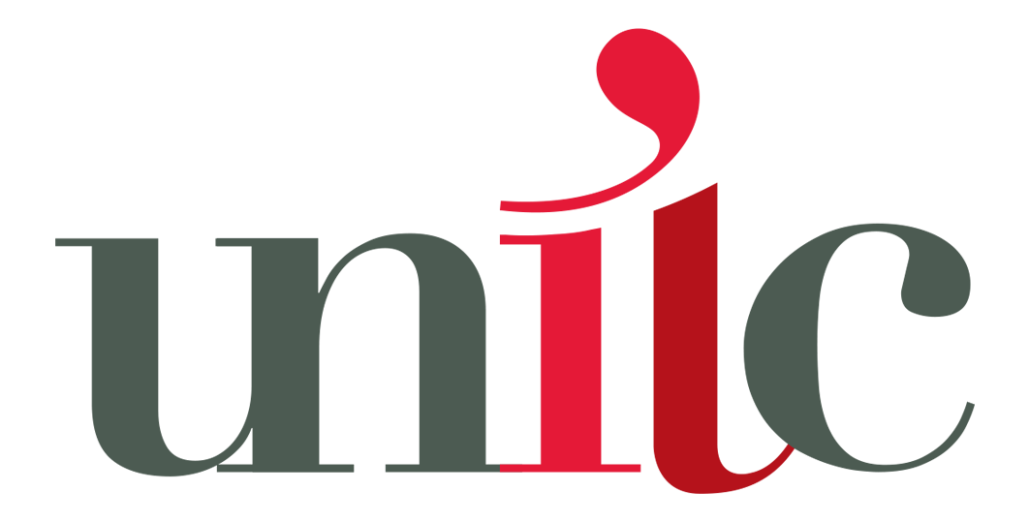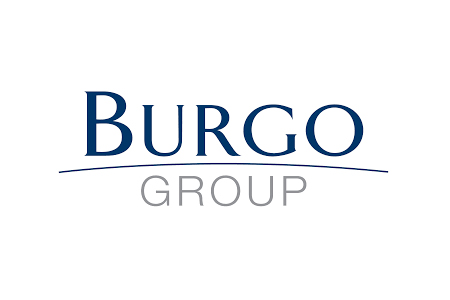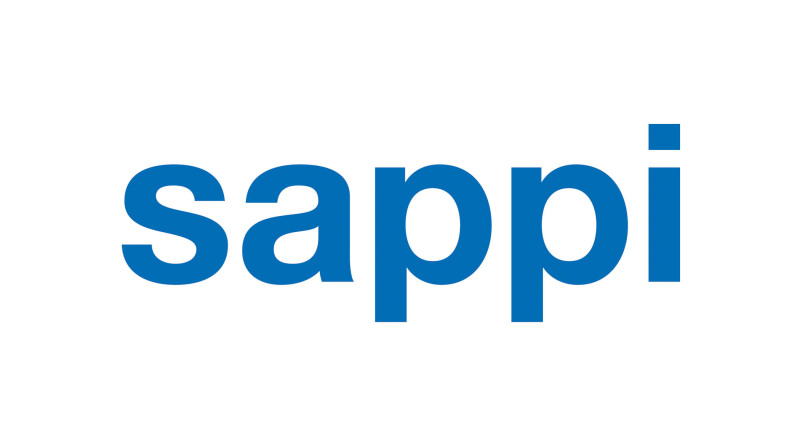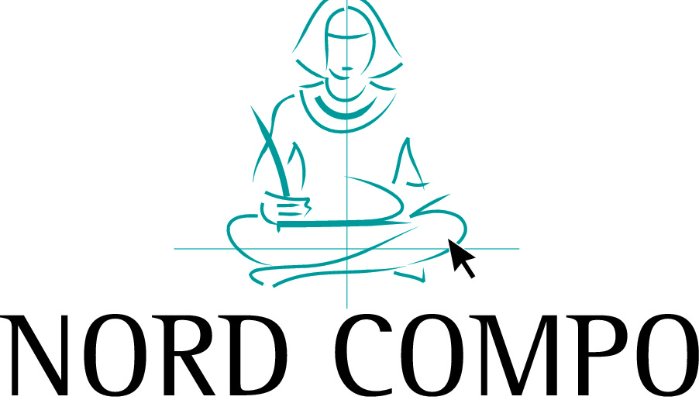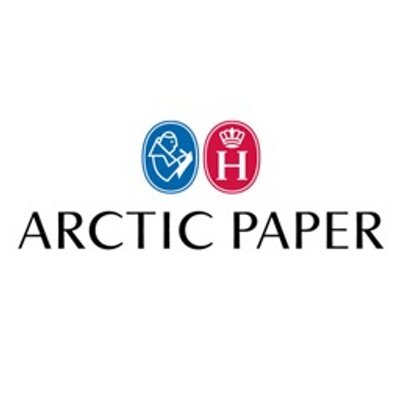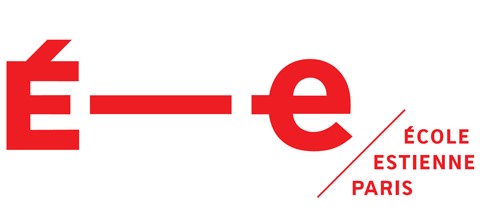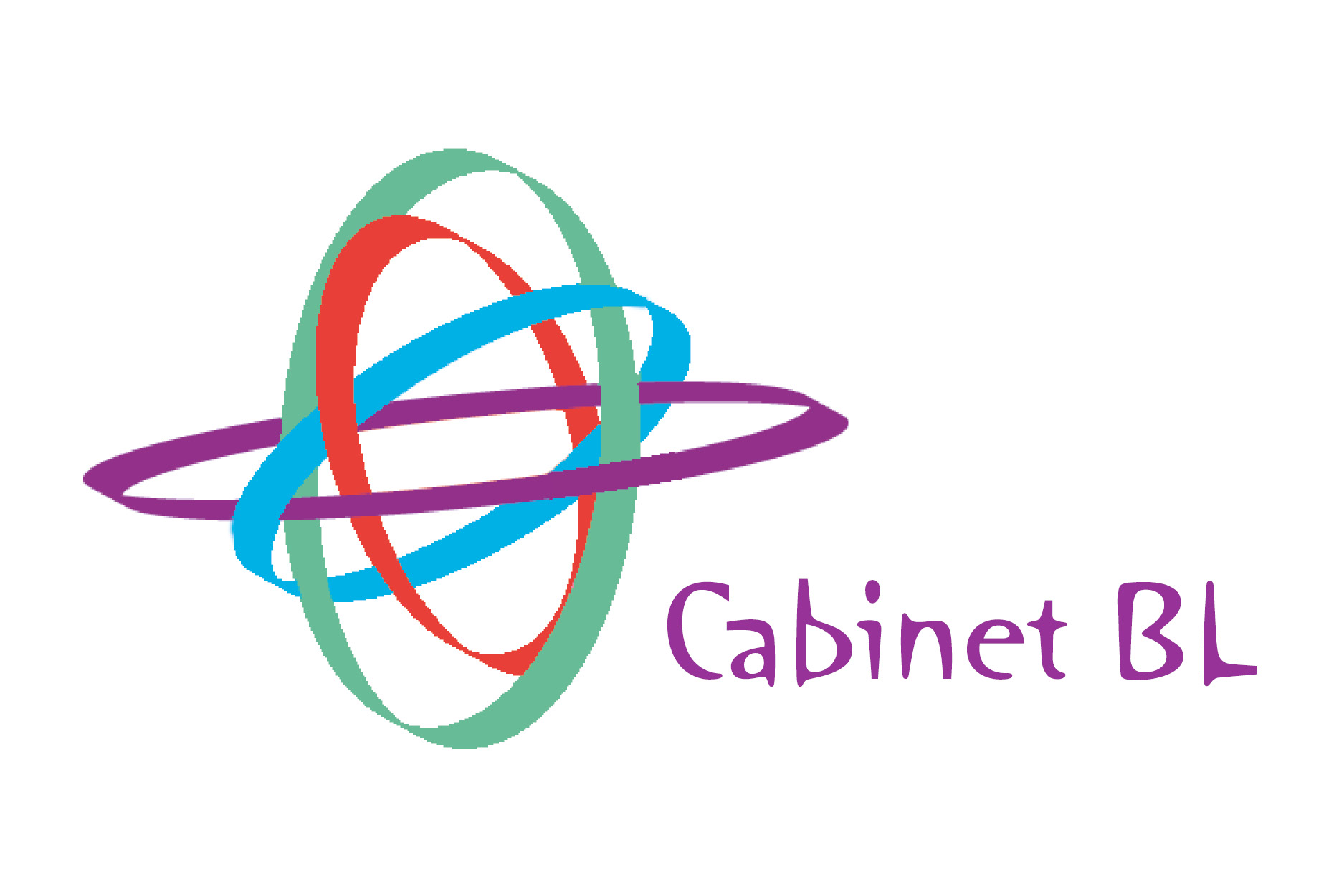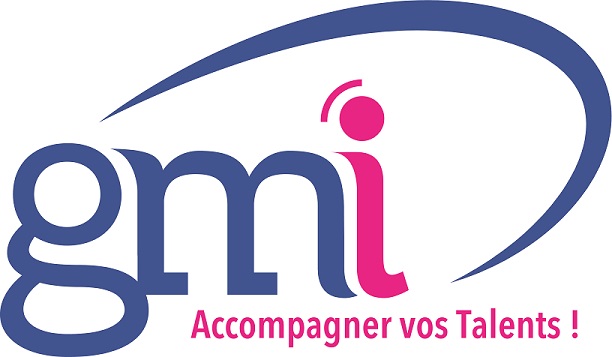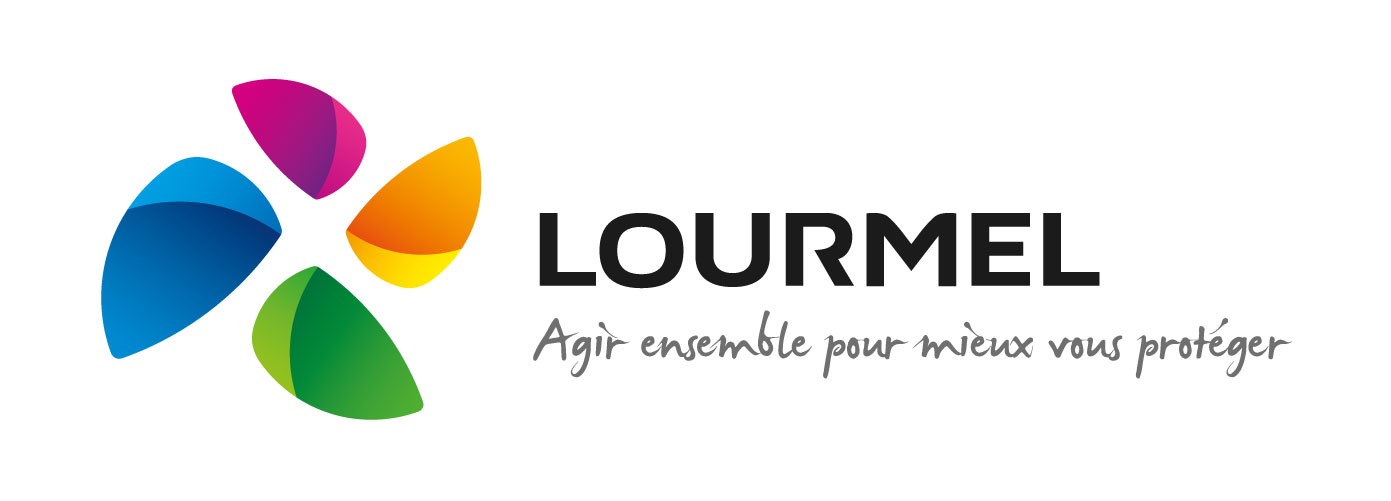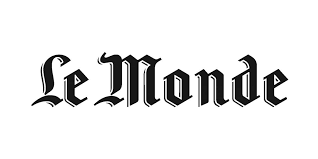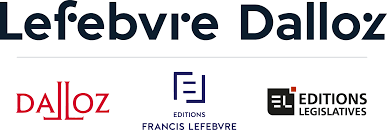Les liens entre Carrefour et Google s’approfondissent de jour en jour. Le distributeur, qui investirait 100 M € dans la plateforme, a inauguré son centre AI, financé par Google pour 10 M€ (on peut considérer cela comme un gentil pourboire, non ? ). Par ailleurs, mardi et mercredi prochain, Google et Carrefour ont imaginé un challenge au sommet d’I-Com de Malaga d’Andreas Cohen. Son thème ? Se débarrasser des catalogues imprimés. Plus précisément, « How can Carrefour and Google take clustered non-personal data from both companies to deliver new insights on customer digital interest for product promotion, with the goal of reducing physical catalogues distribution all while driving traffic to Carrefour stores and e-commerce site? ».
With a continuous effort to reduce the distribution of our physical catalogues and to increase digitalisation of their marketing activities, Carrefour and Google are sponsoring a Marketing Science competition (Hackathon) organised by I-COM to unlock new insights on customer interest for digital product promotion.
The Challenge
How can Carrefour and Google take clustered non-personal data from both companies to deliver new insights on customer digital interest for product promotion, with the goal of reducing physical catalogues distribution all while driving traffic to Carrefour stores and e-commerce site?
Our challenge seeks to explore how Carrefour and Google can work together to:
- Leverage clustered non-personal data to improve digital marketing strategies at a local level
- Make local decisions on reducing physical catalogue distribution, all while driving traffic to Carrefour stores and e-commerce sites
Participants will be given access to search trends data sets to help answer the following questions:
- At the local level (geographic), what sorts of indicators can be used to properly evaluate the potential of diminishing catalogue distribution without having a negative impact on store and online sales?
- What are the specific geographic areas where Google and Carrefour have an opportunity to promote digital content rather than the paper catalogue?
- How can we profile geographic areas to classify purchase behaviour and measure affinity to corresponding digital promotional campaigns?
In addition to seeking to achieve our environmental objective of reducing their use of paper for marketing purposes, Carrefour has also defined in its Carrefour 2022 transformation plan an ambitious goal of achieving the threshold of 50% of marketing investments in digital.
As France’s largest food retailer making significant investments in marketing, we are uniquely positioned to provide new, meaningful digital experiences and content to our present and future customers. A strategy we can implement to make digital content meaningful for everyone will be to better understand the geographic areas around our stores at a very granular level (IRIS), by studying aggregated Google data about search trends combined with our own internal aggregate data such as, for example, POS purchase behaviour, indexed sales promotion from the catalogue, and email and newsletter click-through rates.
Successfully understanding the geographic areas around our stores will help Carrefour impact new audiences less receptive to our printed catalogues. By linking digital interest indicators with Google data, we can find new ways of targeting customers with relevant digital content and reduce the distribution of our paper catalogues without negatively impacting store sales.
